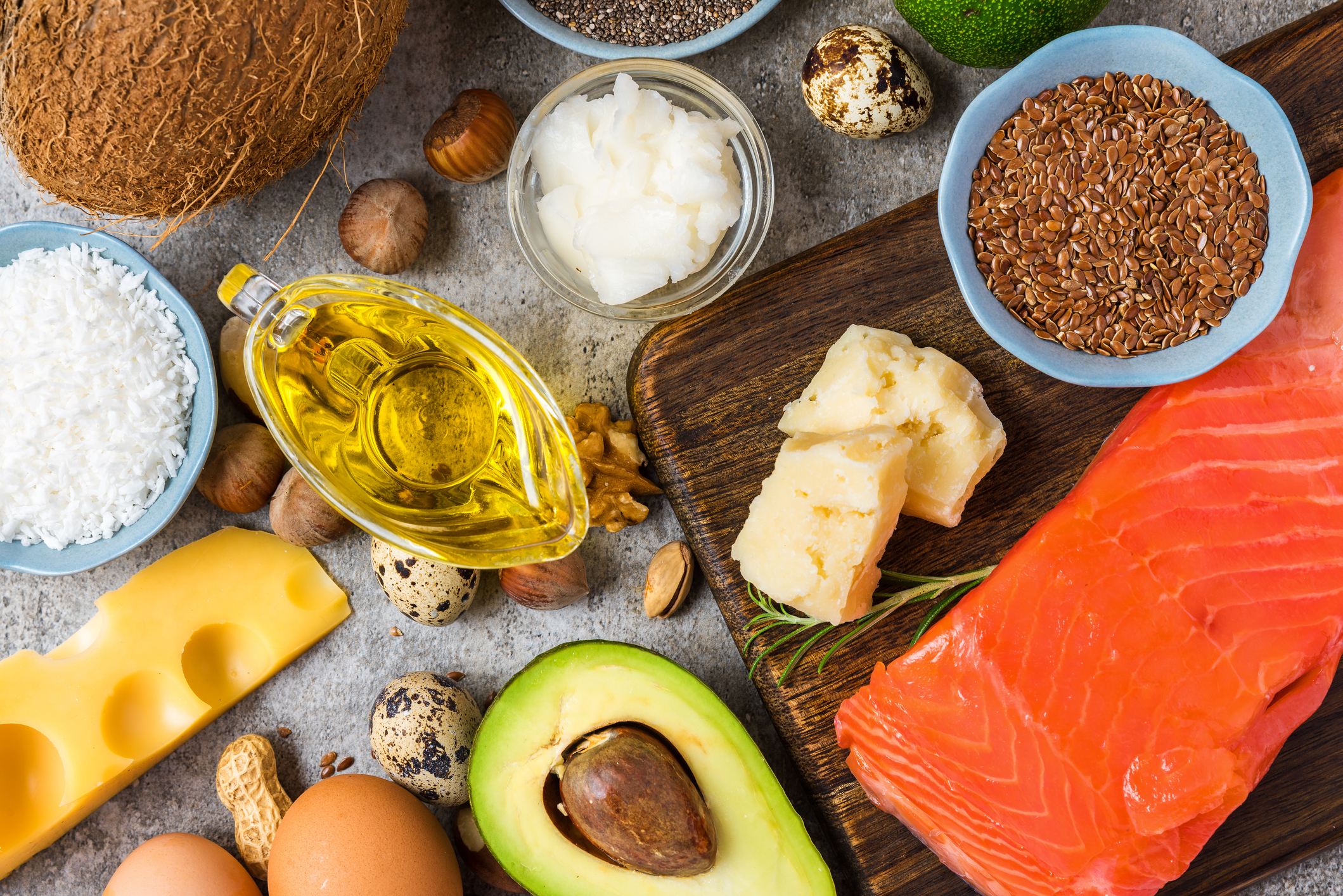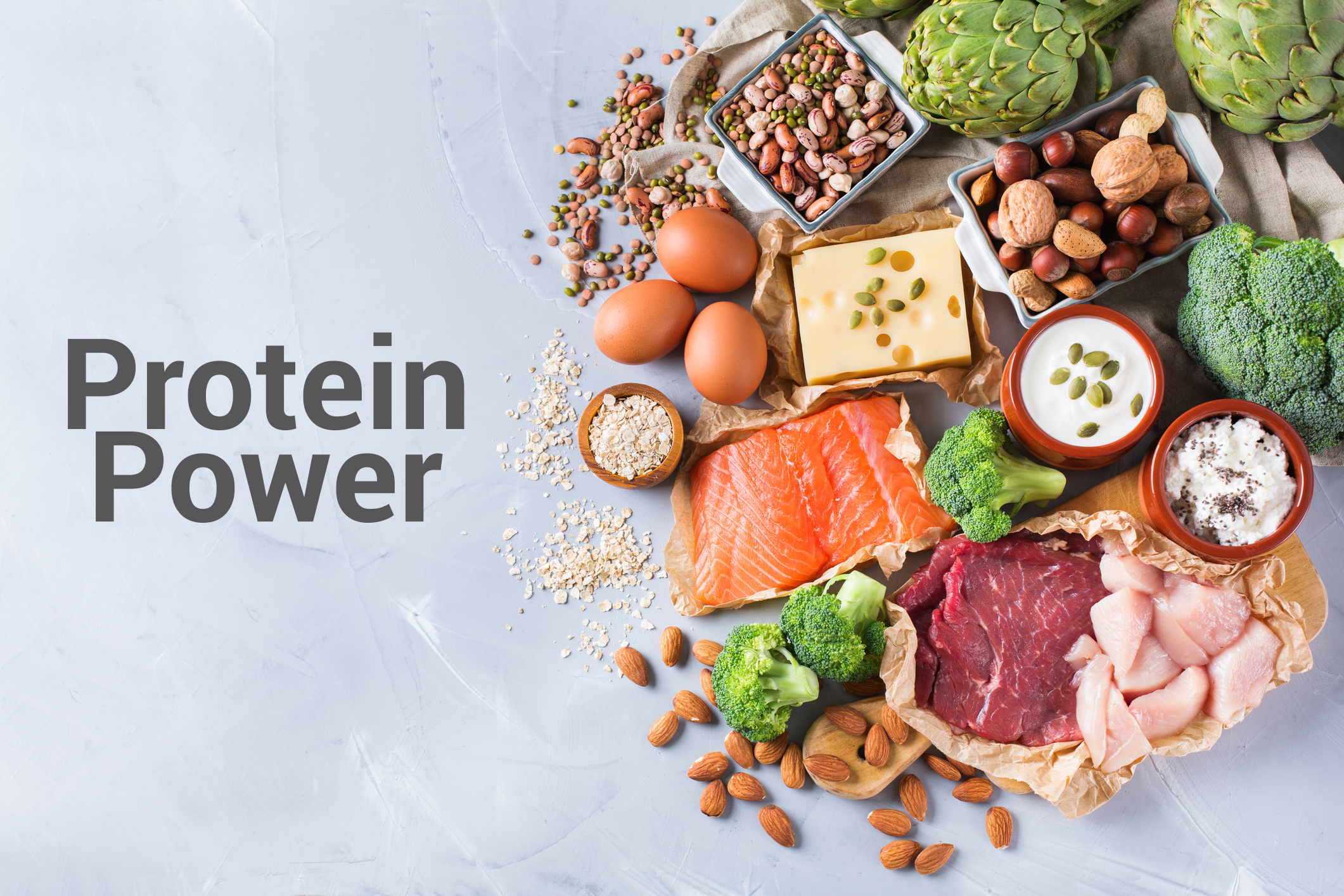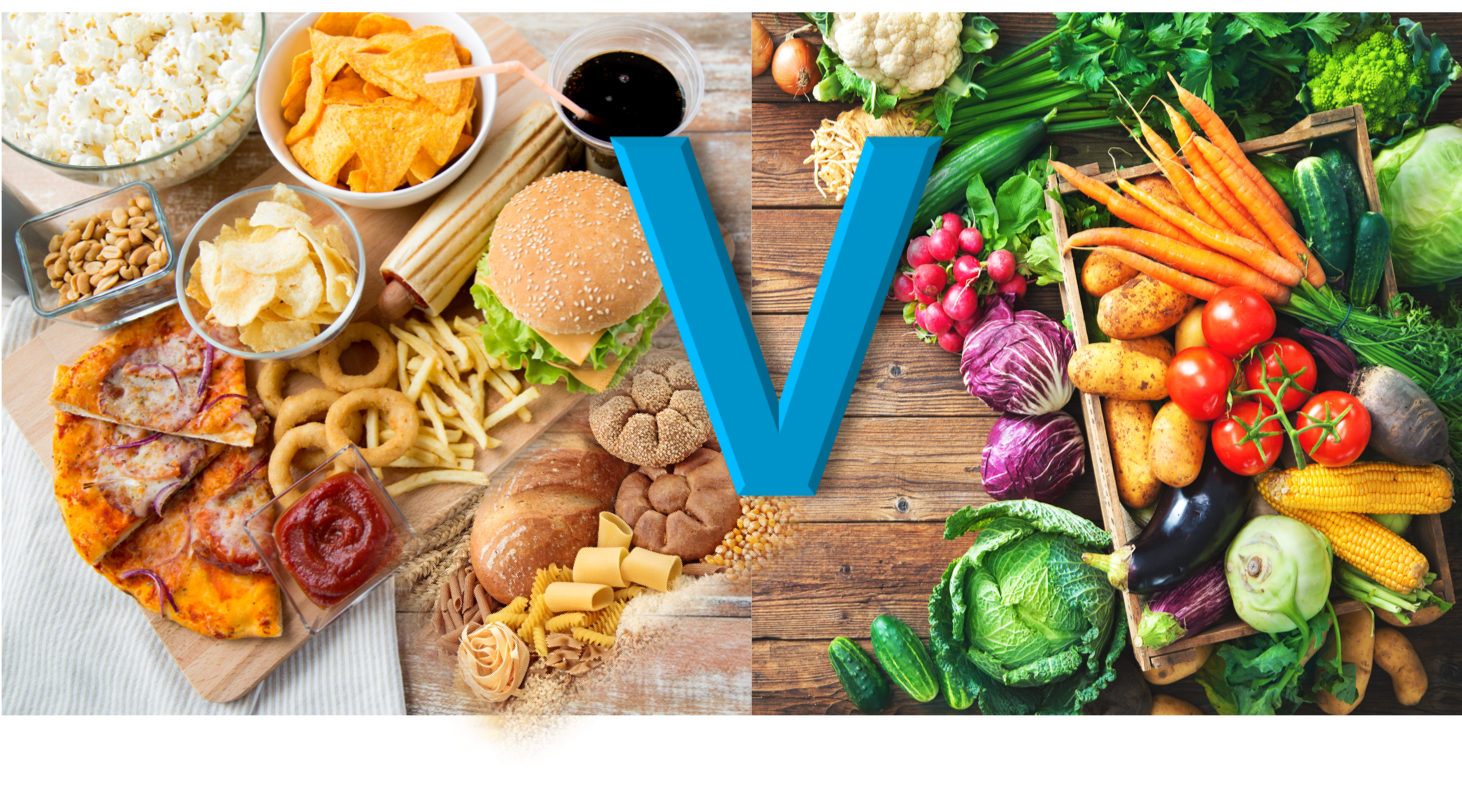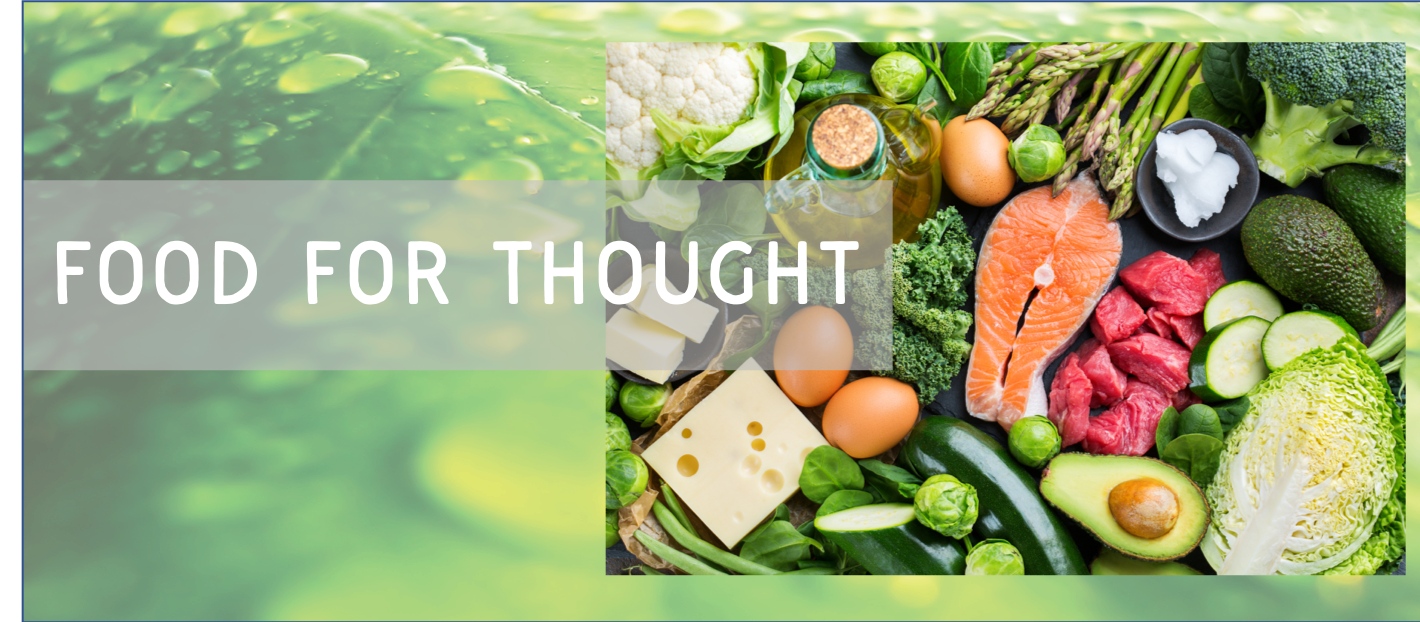Content Sections
The World Health Organization (WHO) has classified childhood obesity as “one of the most serious public health challenges of the 21st century.” In a new blog food giant Unilever pledges to stop targeting children under the age of 13 through both traditional and social media channels including limiting the use of cartoon characters. Are interventions such as this enough to stop or even reverse the rise? In our view, it’s highly unlikely! The bottom line is that the way we feed ourselves and our children must change. Adults and children alike require a diverse and nutrient dense diet low in processed and refined foods, particularly starchy, sugary carbs, to avoid unprecedented levels of metabolic dysfunction and disease. We live in a world where temptation lurks on every street corner and government and conventional guidelines are 30 years out of date. There is no quick fix. Nor are tweaks such as sugar taxes or advertising bans likely to make a significant difference because food has been so integral to our survival throughout evolution, it speaks to our genes and is deeply entwined with our emotions.
Eating for optimal health
When we think about the nutrients needed by the body for optimal health, we can broadly divide our food into two groups. Macro- (fat, protein and carbohydrates) and micronutrients (vitamins and minerals). Macronutrients form the basis of what we eat. Essential to our wellbeing each macronutrient has its own function, providing our bodies with the fuel needed for energy to help our bodies grow, repair themselves and thrive. This means we need them in relatively large quantities, hence macro. In contrast, although just as essential for our health, micronutrients are needed in much smaller quantities.
We are genetically programmed to be able to survive for weeks without food or months with minimal amounts of food. But we’re not programmed for persistent feeding with high calorie, highly processed, chemically laden, new-to-nature foodstuffs. Therein lies the path to metabolic chaos. The fourth ‘macronutrient’ that’s rarely labelled as such, and is often overlooked, is one that we can only do without for a few days.
Water, the 4th ‘macronutrient’
In healthy adults, water accounts for around 60-70% of our body weight. A vital component, it’s involved in every one of our body’s functions. Not only does it help carry oxygen to our cells, it helps us get rid of waste, digest our food properly and regulate body temperature. Even mild dehydration (3%) can impact our metabolism leading to fatigue. Groundbreaking new research also suggests that water has a fourth phase that’s responsible for a lot more than just hydration. In this fourth phase, the water in our bodies creates what’s called an Exclusion Zone (EZ water) capable of soaking up light and turning it into energy, a form of human ‘photosynthesis’.
So, what should we eat?
As it’s #ThrowbackThursday, we’ve created a nutrient 101 to create a quick reference guide to the role of the essential nutrients. Making change isn’t as hard as some might think, especially given the impact on futureproofing health.
Below are key articles, referencing current science, from our archive discussing the individual essential macronutrients protein, fats, carbohydrates and micronutrients along with a selection of videos to watch.
Fat

Fat – probably the least understood endocrine organ
More than just energy storage, body fat is a highly complex and essential part of being healthy
Fats have been touted as the bad boys on the nutritional block courtesy of some bad science in the 60’s and 70’s. Luckily, we now have much more accurate nutritional science to explain why you follow a fat-free diet at your peril. In fact, far from being foe, fats are friends, but just like you choose your friends carefully, so too with your dietary fats.
The skinny…
Fat is one of three essential macro nutrients along with protein and carbs. Apart from providing metabolic energy (fuel), fats play many important and active roles in the healthy functioning of our body. Most people believe fat is inert and that adipose (fat) tissue is just a storage place for excess calories. Whilst that’s one function, it’s only a small part of the role that fat plays in our health. What’s more important to understand is that adipose tissue is actually a complex and metabolically dynamic endocrine organ in itself orchestrating multiple essential metabolic processes in the body. And the biggie - fat doesn’t make you fat! It’s carbs and the sugars they yield that deserve the blame.
Watch the video
Protein

Is your diet packing enough protein power?
Cutting through the hype and the mire of misinformation on protein so you can make an informed dietary choice
The subject of protein is causing somewhat of a tussle right now. Whether you’ve read the media reports around the EAT-Lancet report, have become vegan because you’re passionate about the planet, subscribe to a carnivorous diet after putting your autoimmune disease into remission or are an omnivore walking an evolutionary dietary pathway, chances are you might be a bit confused right now.
Apart from not knowing who to trust, because none of the so-called experts seem to agree (and there are some heavy hitters out there), what do you believe and how do you make the right food choices for You? It seems as if the world of nutrition science is out to lunch on the subject of protein. Everyone appears to be fighting their corner with passion and zeal as if it’s the ONLY way! Truth is, we’re all individual and there is no one diet that will fit us all. That’s why Willett et al who conjured up the ‘Healthy Reference Diet’ in the EAT-Lancet report used intake ranges, not just single values. In this brief article, I hope to cut through some of the misinformation on proteins, shed more light on what it is, how much we need and why our bodies depend on it. How you use the information to inform your dietary path is then up to you.
Watch the video
Carbohydrates
 Confused about carbs?
Confused about carbs?
101 on carbs to help you make wise-carb choices
London Transport has just banned advertising of unhealthy and junk foods on the Tube, buses and trains. Sounds like a good plan given the UK’s ever-expanding waistlines, particularly in children, and our ‘see it, want it’ vulnerability to visual cues of foods. Unfortunately, they’re including foods 'high' in fat and salt under the unhealthy banner, but that’s a story for another week. Given that Big Food is mobilising an arsenal of ultra-processed, low fat, low salt, artificially sweetened foods and drink, we’re not overly hopeful of the overall health benefit, but it’s a step in the right direction at least.
Since some of the least healthy, as well as the healthiest, foods available are comprised largely of carbohydrates, we provide you here with a 101 on carbohydrates. Familiar to most, carbs represent one of three macronutrient groups in our food (proteins and fats being the other two) that, along with micronutrients such as vitamins and minerals and phytonutrients, are essential or at least beneficial for health.
We’re often told that carbs are an essential food group, necessary for energy metabolism, health and wellbeing. Moreover, mainstream dieticians would have you believe that a large part of your daily diet should be made up of carbohydrates. But is this right? And will you suffer or thrive by cutting out – or down on – carbs?
Watch the video
Not forgetting micronutrients…

Plant-based eating – the ‘diet’ that’s no fad
Why we need plants more than they need us
Put simply, most of us benefit greatly from making plants the basis of our diets. The science is pretty clear: that's irrespective of country, ethnicity or religious affiliation. Research like the BROAD study demonstrates that adopting a plant-based diet is good for health, and other studies show that plant-based diets (PBDs) dramatically improve your blood lipid profile, reduce your risk of heart attacks by 40% and strokes by 29% and can be instrumental in tackling the obesity and type 2 diabetes crisis that's sweeping the globe.
In a world where people’s diets are dominated by processed foods, many are struggling to eat even government recommended levels of fruit and vegetables each day. In the US, only 1 in 10 adults, and in the UK, 26% of adults and 16% of children are meeting expected recommendations for daily vegetable and fruit consumption. This is despite recent research that found that five portions a day are good, but ten are even better.
Watch the video








Comments
your voice counts
There are currently no comments on this post.
Your voice counts
We welcome your comments and are very interested in your point of view, but we ask that you keep them relevant to the article, that they be civil and without commercial links. All comments are moderated prior to being published. We reserve the right to edit or not publish comments that we consider abusive or offensive.
There is extra content here from a third party provider. You will be unable to see this content unless you agree to allow Content Cookies. Cookie Preferences